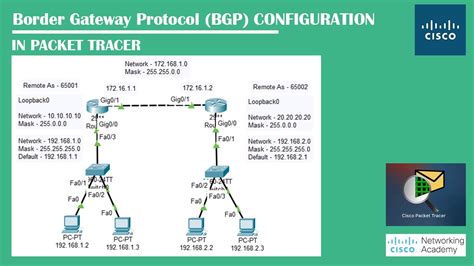The debate over regulating Border Gateway Protocol (BGP) security has reached a fever pitch, as experts and stakeholders weigh in on whether the internet community should continue self-regulating or accept government-imposed measures. The BGP, which essentially dictates how packets of data travel across the internet, has long been scrutinized due to its vulnerabilities to hijacking and other malevolent activities. The real question is whether the global internet community can self-organize sufficient security measures, or if regulatory powers should impose stricter protocols.
Several commenters argue that the industry has had ample time to self-regulate yet has failed to achieve satisfactory results, thereby justifying regulatory actions. Advocates for regulation point out that if the industry itself refuses to adopt necessary measures, such as Resource Public Key Infrastructure (RPKI), it may be essential for authorities to step in. The situation is reminiscent of the SS7 telephone signaling network, which had to be regulated because telecommunication companies initially ignored security measures. The lack of industry-wide adoption of RPKI, deployed in only 22% of U.S. networks, underscores this argument.
On the other hand, some believe that BGP operators have indeed organized sufficient security protocols and that BGP hijacking is among the least impactful attack vectors compared to others like SS7 attacks. This viewpoint suggests that introducing regulations might be an overreach and could potentially have negative ramifications. One compelling argument against regulation is that political routing—prioritizing certain traffic over others based on national guidelines—goes against the ethos of the internet as a borderless entity. The assembly of multiple protocols and measures that share vital information without additional cryptographic layers also supports the position that the current system, though imperfect, is functional.
It’s worth noting, however, that even significant names such as AWS Route 53 have fallen victim to BGP hijacking. This makes it difficult to argue that properly run networks are immune to the problem. When BGP hijacks do occur, they can impact vast numbers of people and services, highlighting the stakes involved. Whether it’s a cybercriminal attempting to loot cryptocurrency wallets or an error causing worldwide outages, these incidents signal the urgent need for a more reliable solution.
The concept of regulating only international peering has also been floated as a viable measure. Such focused regulation would limit its impact while addressing the trust and security issues related to geopolitical concerns. However, this approach is not without its pitfalls. Critics argue that the demarcation between national and international traffic is blurry, as many companies operate across borders with multiple Autonomous Systems (ASes). Furthermore, self-regulation could prove more feasible in Western countries where the internet is not governmentalized, unlike in China or Russia.
BGP security is intertwined with numerous technical and policy dimensions, including the role of cryptographic signatures and the trust invested in Regional Internet Registries (RIRs). The emergence of Advanced Security Posture Analysis (ASPA) as a potential next step signifies a move towards more robust systems—yet its success depends on wide-scale implementation. Arguments that compare this regulatory effort to mandating Transport Layer Security (TLS) in HTTP and the inherent power CAs gained over the web provide a cautionary tale. Past experiences remind us that without solutions like Let’s Encrypt, mandating more secure protocols could create new monopolistic challenges.
Ultimately, regulating BGP security brings up critical questions about the balance between network operator accountability and preserving the decentralized spirit of the internet. Whether or not regulation is imposed, the conversation underscores the broader need for collaboration among global stakeholders to ensure robust, effective security measures. It will require coordinated actions, involving cryptographic best practices and transparent, secure routing protocols to uphold internet integrity. The ongoing evolution of internet governance models, such as Multistakeholder Governance, reveals the complexities and the necessity for inclusive solutions in navigating this critical aspect of cybersecurity.


Leave a Reply